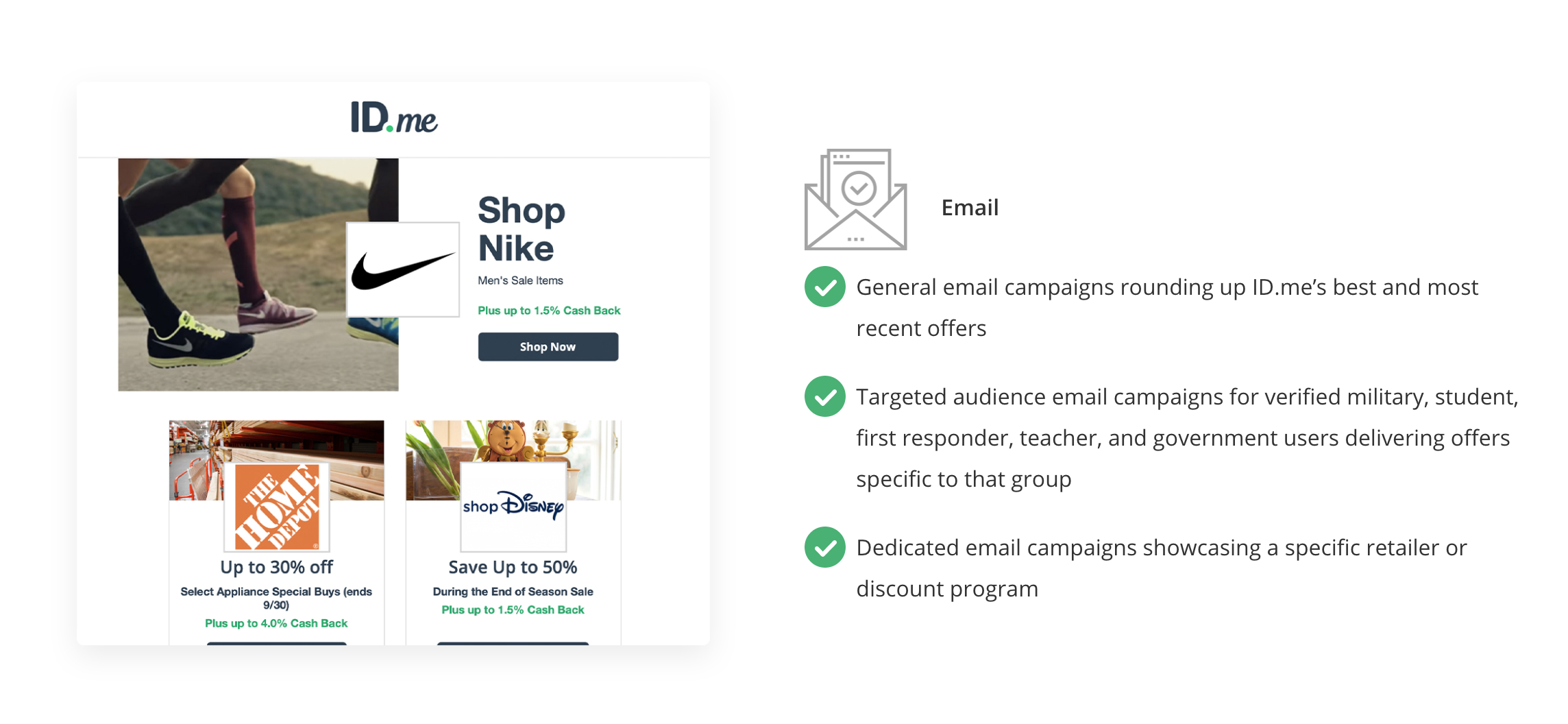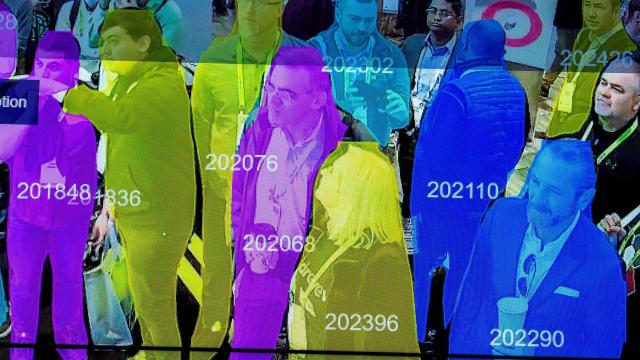We acclimatize to dangerous tech creep in a series of fuck-it moments until the point at which we realise a foreseeably bad network is so pervasive, we reluctantly adopt it and move on. There was a time when social media, Amazon shopping, and home surveillance seemed optional — until they weren’t. Now in many states, you’ll have to surrender a faceprint to a private face recognition program in order to access basic government services like unemployment insurance. We’ve been here before.
CNN reports that 25 states are currently using the commercial face recognition software ID.me to verify the identities of people filing for unemployment benefits, which likely adds millions of people to the state face recognition database. (As of early July, 9.5 million people are unemployed throughout the U.S., according to the Bureau of Labour Statistics.)
Per the ID.me guide, claimants have to set up an ID.me account, with an email address, social security number, photo ID, and a video faceprint. ID.me says that it needs explicit consent before it shares information, so your choice here: do you want your rent money or not? The company says that you “may destroy your ID.me credential and authorised app at any time,” but adds in a footnote that “some data” related to credentials “will be retained after account deletion solely for fraud prevention and government auditing purposes.” ID.me may keep your biometric data for up to seven and a half years after you delete your account. ID.me co-founder Blake Hall told CNN that this is for government agencies, mostly to identify fraud.
Several states, including Colorado, Nevada, and New York explicitly require people who’ve already been collecting unemployment insurance to re-upload their documents to ID.me with a video faceprint. In an email to Gizmodo, a spokesperson for the New York State Department of Labour said the state has wholesale replaced paper documents, such as birth certificates, with historically faulty face recognition technology. In its February announcement, the state touted the technology for cutting processing time and identifying fraud. The Department of Labour declined to share which photo database it uses to identify matches or whether it’s considering face recognition tech’s extremely high error rate for identifying darker-skinned people, especially Black women. If a person’s match was unsuccessful, they can schedule a video call with one of ID.me’s “trusted referees,” and “answer a few questions.” This, too, requires internet and computer access, a barrier to an estimated half-million New York City households. And the system itself seems to busted: numerous people have complained about being unable to access services, waiting months for payments, waiting 6 hours on hold to talk to an ID.me representative in order to collect Child Tax Credits.
Let’s just check if they run a marketing operation….

Yes, of course, dumb question. ID.me’s targeted marketing operation grants third party entities “access to a network of millions of shoppers,” who, according to its site, include “verified military, student, first responder, teacher, and government users.” Such “government users” might include the military users it’s been collecting for years or the veterans who are required by the Department of Veterans Affairs to use ID.me to enroll in its health care program. It adds that it might ask users to share a ton of sensitive information about their immediate family members, and if you choose to opt-out of data sharing, you’ll miss out on discounts and cash back rewards! Eligibility for government benefits! Credit card offerings! I’m pasting this lengthy passage from its privacy policy here because it’s really selling customers on the savings angle:
In addition, you may be asked to provide certain further information or documentation that we will use to verify your eligibility to receive discounts and benefits from organisations and registration authorities such as government agencies, telecommunications networks, credit card bureaus, financial institutions, or authoritative agents with access to your group affiliation credentials, military records (which may also contain Personally Identifiable Information)(collectively, “Registration Authorities”), your spouse’s or immediate family member’s social security number, military affiliation(s), dates of active and reserve duty service, and information related to your accounts with financial institutions (“Sensitive Information”).
The decision to share specific items of your Personally Identifiable Information and/or Sensitive Information with the ID.me Service or opportunities offered by Third-Party Websites which are conditioned upon certain eligibility requirements is yours and yours alone. This is also true for any Third-Party Websites in connection with your participation, if applicable, in the ID.me Cash Back Program and with certain aspects of the ID.me Service, including certain deals, cash back rewards, offers.
Opting in to sharing seems to come in the form of two checkboxes on its sign-up form, agreeing that you’ve read the terms of service and privacy policy and/or that you’d like to “subscribe to ID.me offers and discounts.”
An ID.me spokesperson told Gizmodo that “there is NO use of any information from the [unemployment insurance] verification process used for marketing.” But they were unavailable to confirm whether checking the “subscribe to discounts” box implicitly means sharing data or using it (as Facebook does) to create anonymised demographic groups of customers. Sounds like the latter: It also says that it may share information with “authorised third-party service providers” who send promotional emails on ID.me’s behalf. And if you happen to log in to a third-party site using ID.me, you surrender your data to that company.
Even more alarming than its cash incentives, ID.me advertises “employment and education opportunities,” likely meaning that employers could target people who’ve filed for unemployment insurance. Where could this go wrong? If ID.me bakes in the technology’s historic and rampant racial bias, it could inhibit “access” as much as it claims to expand it.
North Carolina’s FAQs address the elephant in the room about connecting a face print with your social security number: “Does this impact my credit score?” The answer is no, but the question hints at the fact that face recognition data is out there, at department stores and banks and police departments — organisations that don’t need more racist identification systems at their disposal.
